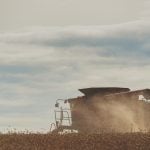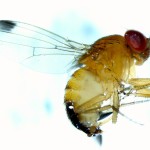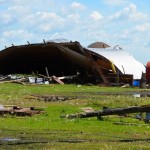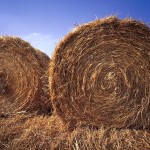Altona-area fruit grower Waldo Thiessen knew what was wrong immediately when his U-pick customers started calling back a few hours after their first day in his raspberry patch in mid-July. “They said they’d started to make jam, and, well, there was a lot of protein (in the raspberries),” he said. It was larvae of spotted



 News & Opinion
News & Opinion








